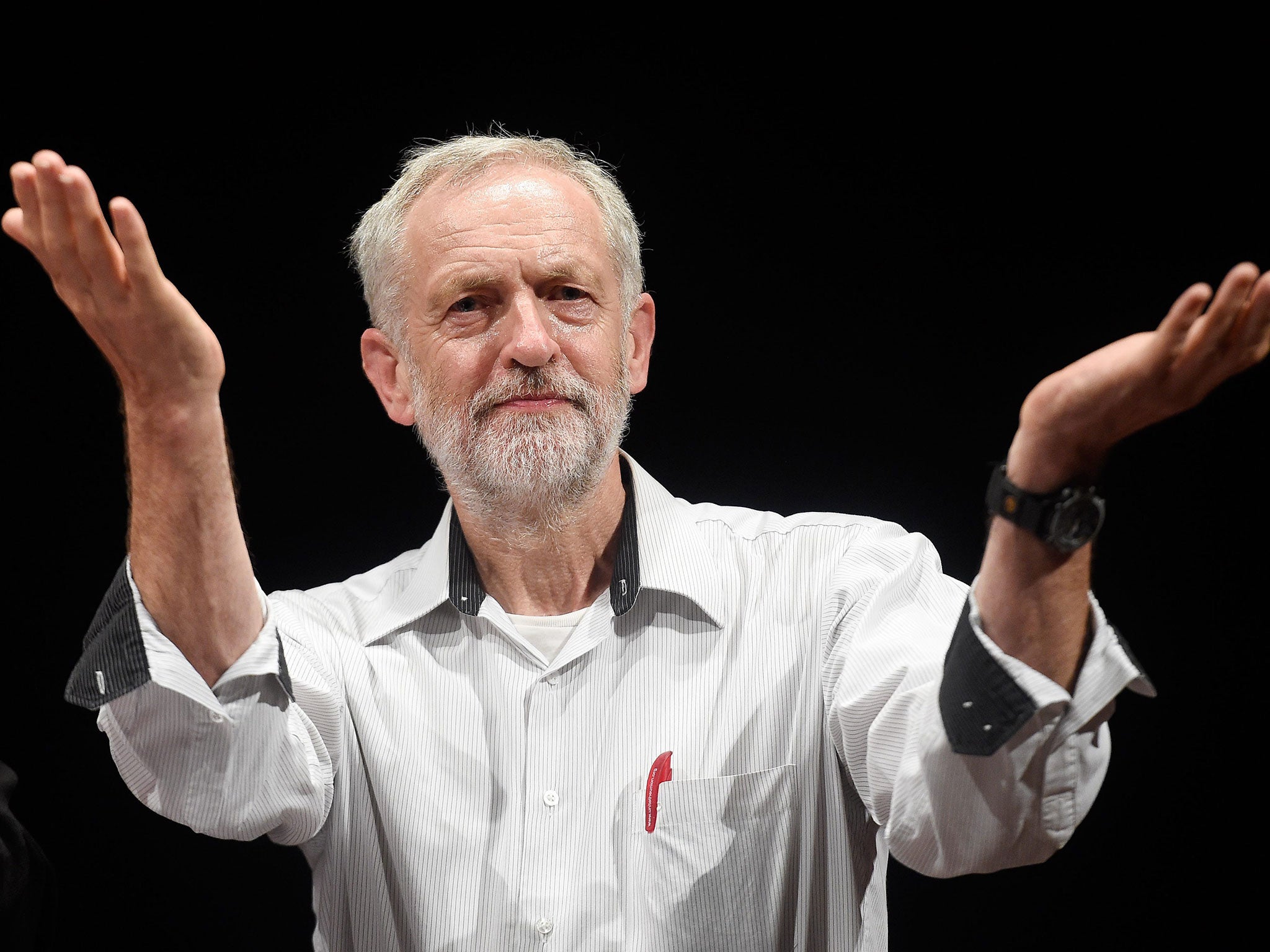Labour's late general election surge driven by middle-aged centrists, not young Corbynites, study finds
People who switched support to Corbyn's party during campaign more likely to be older, Eurosceptic and socially conservative, report says

Your support helps us to tell the story
From reproductive rights to climate change to Big Tech, The Independent is on the ground when the story is developing. Whether it's investigating the financials of Elon Musk's pro-Trump PAC or producing our latest documentary, 'The A Word', which shines a light on the American women fighting for reproductive rights, we know how important it is to parse out the facts from the messaging.
At such a critical moment in US history, we need reporters on the ground. Your donation allows us to keep sending journalists to speak to both sides of the story.
The Independent is trusted by Americans across the entire political spectrum. And unlike many other quality news outlets, we choose not to lock Americans out of our reporting and analysis with paywalls. We believe quality journalism should be available to everyone, paid for by those who can afford it.
Your support makes all the difference.The surprise late swing to Labour that deprived Theresa May of her parliamentary majority at last year’s general election was driven not by young left-wingers, but by older, more socially conservative voters, a new study has found.
Those who switched their support to Labour during the election campaign had an average age of 45, were more Eurosceptic and more opposed to Jeremy Corbyn’s leadership than existing Labour voters, according to a report by the Policy Network think tank.
The finding casts doubt over suggestions that Labour’s improved performance was the result of a “youthquake” of younger voters throwing their support behind the party.
While Labour’s support among young people did increase between 2015 and 2017, most of this group had already decided to back Mr Corbyn’s party by the start of the election campaign, when it was languishing at 25 per cent in the polls.
Instead, the late surge that saw Labour eventually poll 40 per cent of the vote, helping Mr Corbyn defy expectations and forcing the Conservatives to make a pact with the DUP to maintain their governing majority, was driven by older, more centrist voters, Policy Network said.
The report, published to coincide with the first anniversary of Ms May’s decision to call the snap election, said around 15 per cent of all voters had switched to Labour during the campaign.
This group were more likely than core Labour voters to be Eurosceptic, socially conservative and opposed to immigration, as well as being an average of nine years older.
While their views of Mr Corbyn improved during the campaign, and their opinion of Ms May worsened, even by election day less than half of late switchers to Labour said they wanted to see Mr Corbyn as prime minister.
The report states: “It would be a mistake to conclude that these voters switched due to a strong enthusiasm for Corbyn. Improvements in popularity were from a very low base, and only a minority of switchers preferred a Corbyn premiership.”
Well over a third of people who voted Labour last year switched their support to the party during the course of the six-week campaign. More than a quarter (26 per cent) did not vote Labour in 2015, but switched their support shortly before polling day in 2017.
A further 13 per cent did vote for the party in 2015, then said at the start of the 2017 campaign they would not do so again – but ultimately changed their minds during the six-week period.
The average age of these late switchers was 45, compared to an average of 36 among people who had already decided by the start of the campaign to switch their support to Mr Corbyn’s party.
Policy Network said that, to be in with a chance of winning a majority at the next election, Labour needs to hold on to the late switchers while also winning back the support of those who voted for the party in 2015, but not in 2017.
This group also tends to be older, more opposed to immigration and less favourable to Mr Corbyn’s leadership than existing Labour voters.
Policy Network researcher Charlie Cadywould, who carried out the study, said: “Despite remarkable consistency in the polls since last June, politics remains as volatile as ever. That election showed conclusively that campaigns matter, with Labour’s fortunes turning in dramatic fashion.
“Whenever the next one is called, whatever the polling at the time, neither party should go into it counting any chickens.
“Our analysis shows that such a turnaround can come from any part of the electorate. Contrary to many assumptions, it wasn’t the young, passionate pro-Europeans or Corbyn-enthusiasts that drove Labour’s campaign comeback.”
“To win next time around, the party will need to focus on winning back those it has lost since 2015, as well as those that have not recently – or ever – voted Labour.”
He added: “Whatever happens to Labour or the Conservatives over the next four years could be wiped out overnight. We saw in 2017 what an impact a botched manifesto launch, a gaffe or an unforeseen event can have on a campaign.
“The 2017 experience should warn all party leaders of the danger of hubris.”
Join our commenting forum
Join thought-provoking conversations, follow other Independent readers and see their replies
Comments